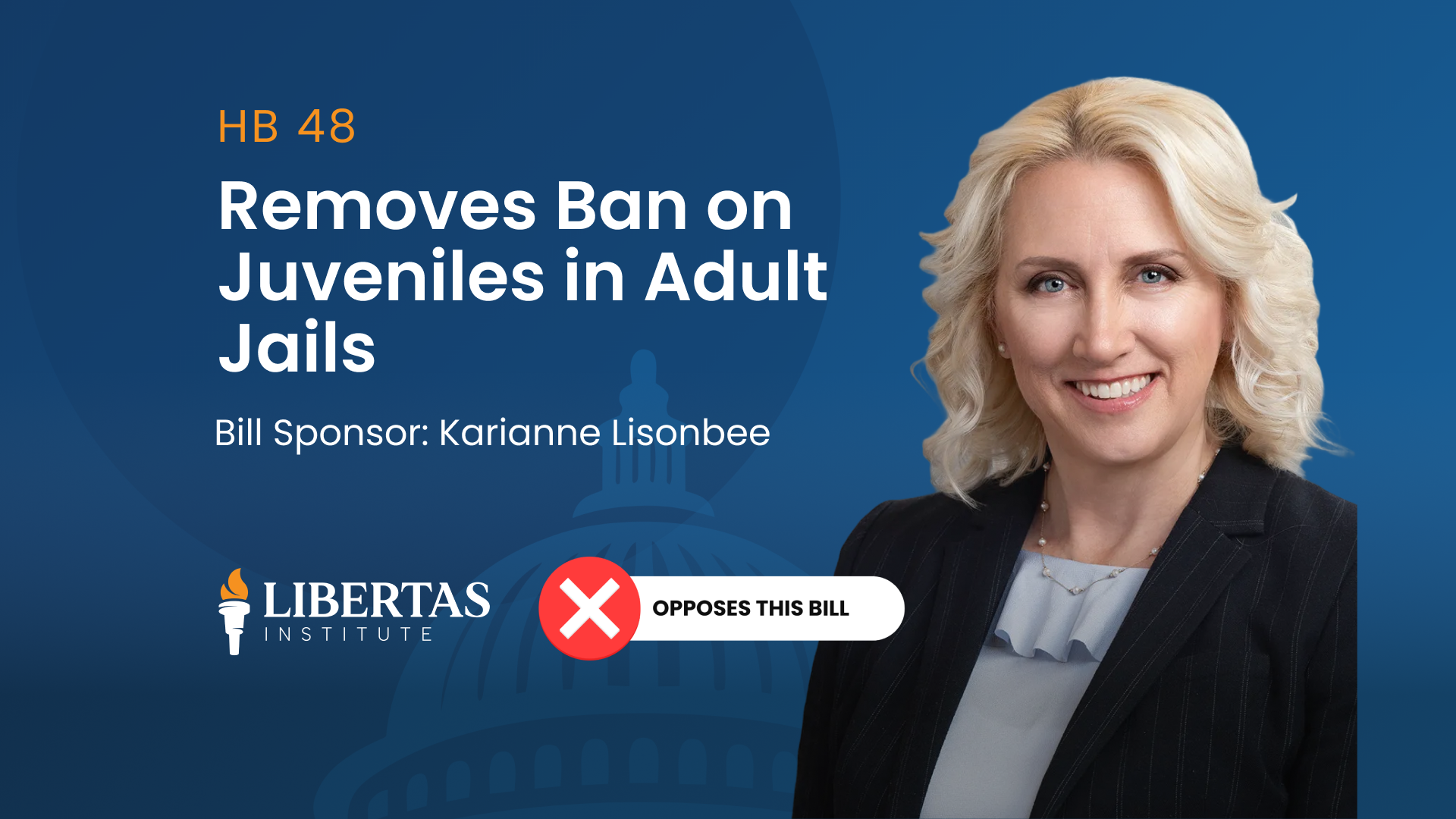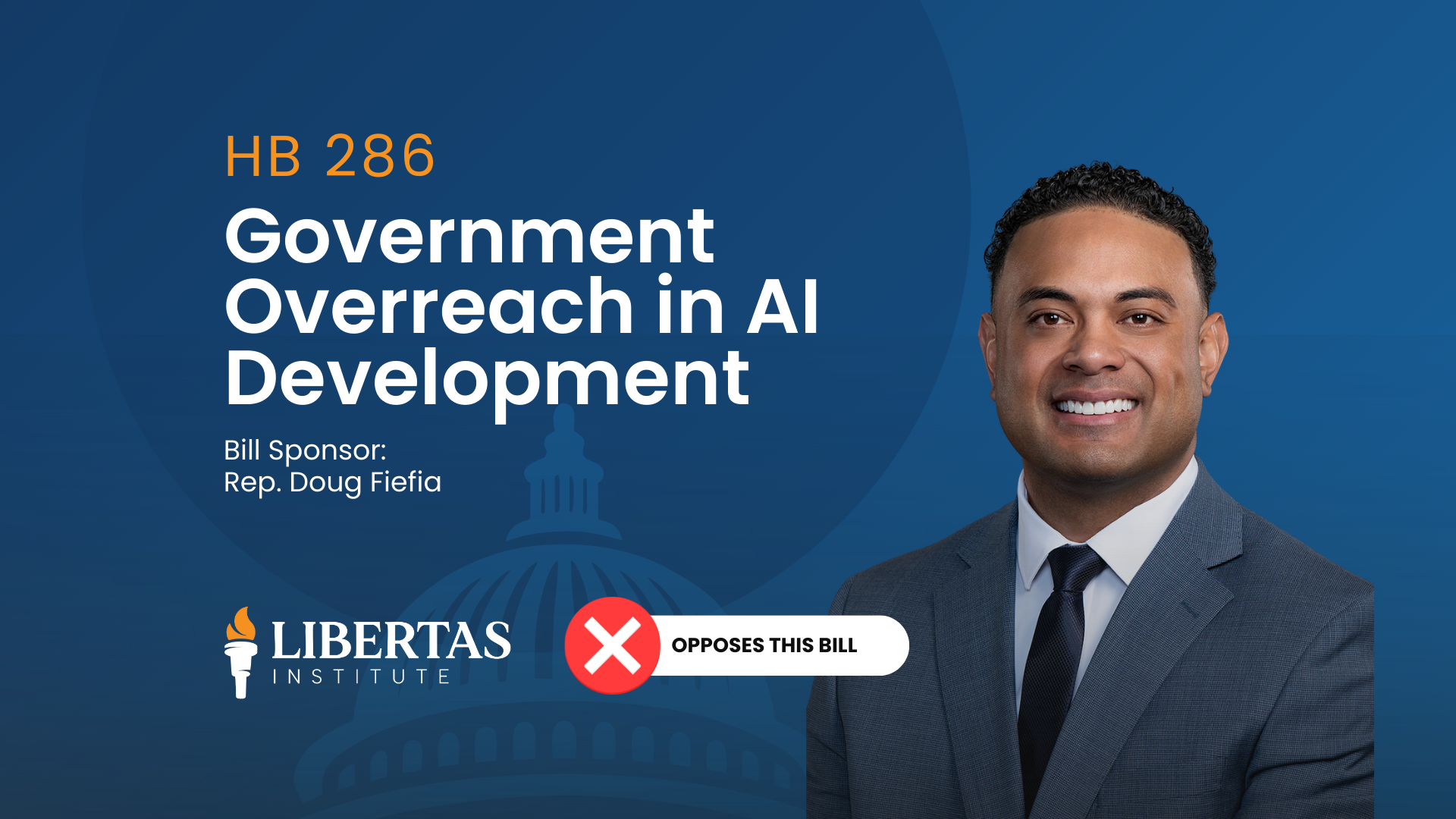This bill passed the Senate unanimously and passed the House 55-17. It was subsequently signed into law by Governor Herbert.
Libertas Institute supports this bill.
In 2013, some employees of the Unified Fire Authority (Utah’s largest fire agency) discovered that some vials of morphine stored in ambulances at a few fire stations had been emptied of their contents. The police were alerted, as theft was suspected—but instead of interviewing people who had access to those ambulances, the Cottonwood Heights Police Department searched and downloaded the prescription drug histories of every employee of the Unified Fire Authority. No warrant was issued in this search.
A related lawsuit filed afterward sought to suppress the evidence, arguing that the warrantless search violated the Fourth Amendment. The court recently ruled in the defendant’s favor, and the state dropped its appeal; this is a victory for the Fourth Amendment.
Prosecutors and law enforcement officials, unsurprisingly, want to obtain this type of health information without a warrant in order to find probable cause to obtain a warrant.
New legislation, sponsored by Senator Todd Weiler, aims to close this loophole and protect a patient’s privacy by requiring a search warrant (and probable cause) in order to access the drug database.
Additionally, the bill:
- allows a person to request the their own records contained in the controlled substance (drug) database;
- allows a person to obtain a list of individuals who have accessed their information in the database;
- adds a penalty for releasing information in the database in violation of the law;
This information is and should be private—and the ability of law enforcement officials to access it should be constrained. As such, we support this bill.




